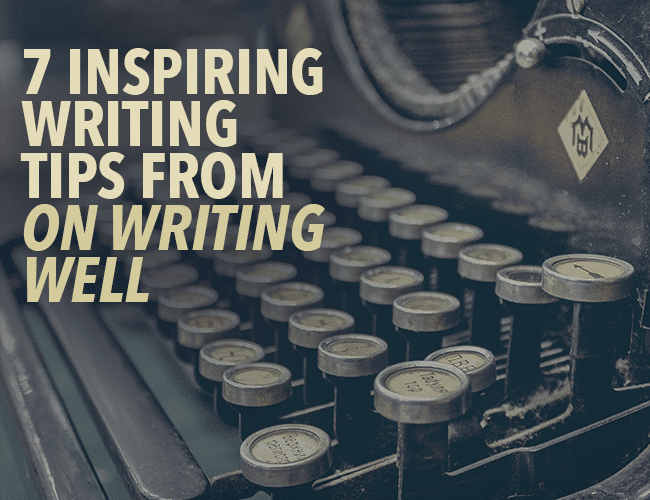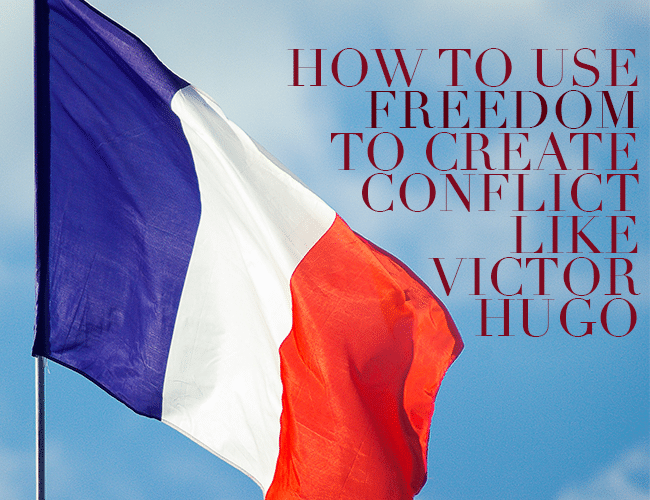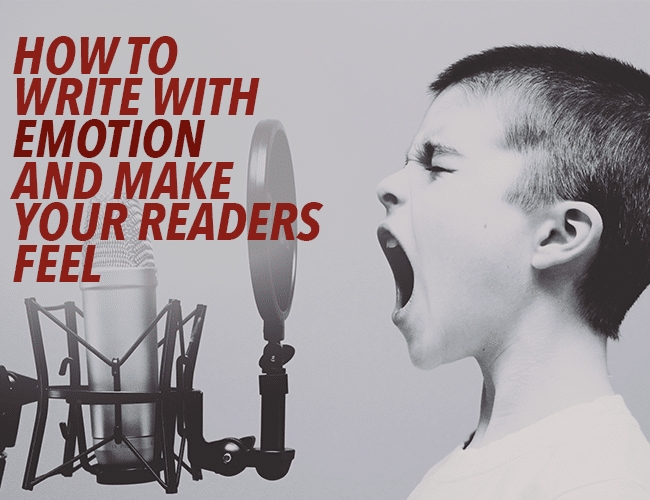
by Monica M. Clark |
I’ve had the book On Writing Well: The Classic Guide to Writing Nonfiction by William Zinsser on my shelf since my pre-law school journalism days. That is, I’ve had it on my shelf for a while. I don’t remember who gave it to me, but I do remember how it made me feel.
It made me feel like I could be a better writer.

by Jeff Elkins |
We all know that transforming characters and a driving plot make for great stories. Something we discuss less is how contrasting ideals—and the conflict they create—can also enrich a story.
This week in the United States we will be celebrating the signing of our Declaration of Independence in 1776. Thinking on the ideal of independence has had me pondering how philosophical convictions play a role in our stories. If used well, they can enhance the narrative allowing the story to transcend the characters and become something more.

by Sue Weems |
Subtext is the underlying message in a scene. In The Godfather, when Don Corleone says, “I’m gonna make him an offer he can’t refuse,” we know someone (and a horse) is in serious danger. When I tell my kids, “I’m gonna make you an offer you can’t refuse,” I probably mean “Do your chores or I’ll shut down the wifi.”
Same statement, different subtext.

by Kellie McGann |
I’m a full-time writer with no English degree. (I’ll tell you a bigger secret, I actually don’t have a degree at all.) And after doing this for a few years I’ve realized that you don’t need an English degree to become a writer.
I’ve been writing for The Write Practice for about two and a half years. I started as an amateur and recently launched my own writing business. So really, I am the poster child for how you really CAN make it.
(I’m still not completely sure how I made it, but I’m going to spend the next couple posts sharing what I did and how you can make it as a writer too!)

by Pamela Fernuik |
There are stories published in books, and stories that have never been published. There are stories that have been read by more people than live in Kansas* and there are stories that have been read only by you, the writer. Don’t compare yourself to others.
There are also stories that have never been written. Stories only you can tell.
Fiction or nonfiction, the stories you write are unique to your experiences and your creativity. But if you compare yourself to others, you might never write them.

by The Magic Violinist |
As writers, no matter what our goals are, there is something we should all strive to do: make our readers feel. Whether that feeling be hope, happiness, fear, or any number of other emotions, it can be achieved through masterful writing.
That is easier said than done, though, right? How can we turn our words into something so real, it gives the reader a punch to the gut or brings a smile to their face?








